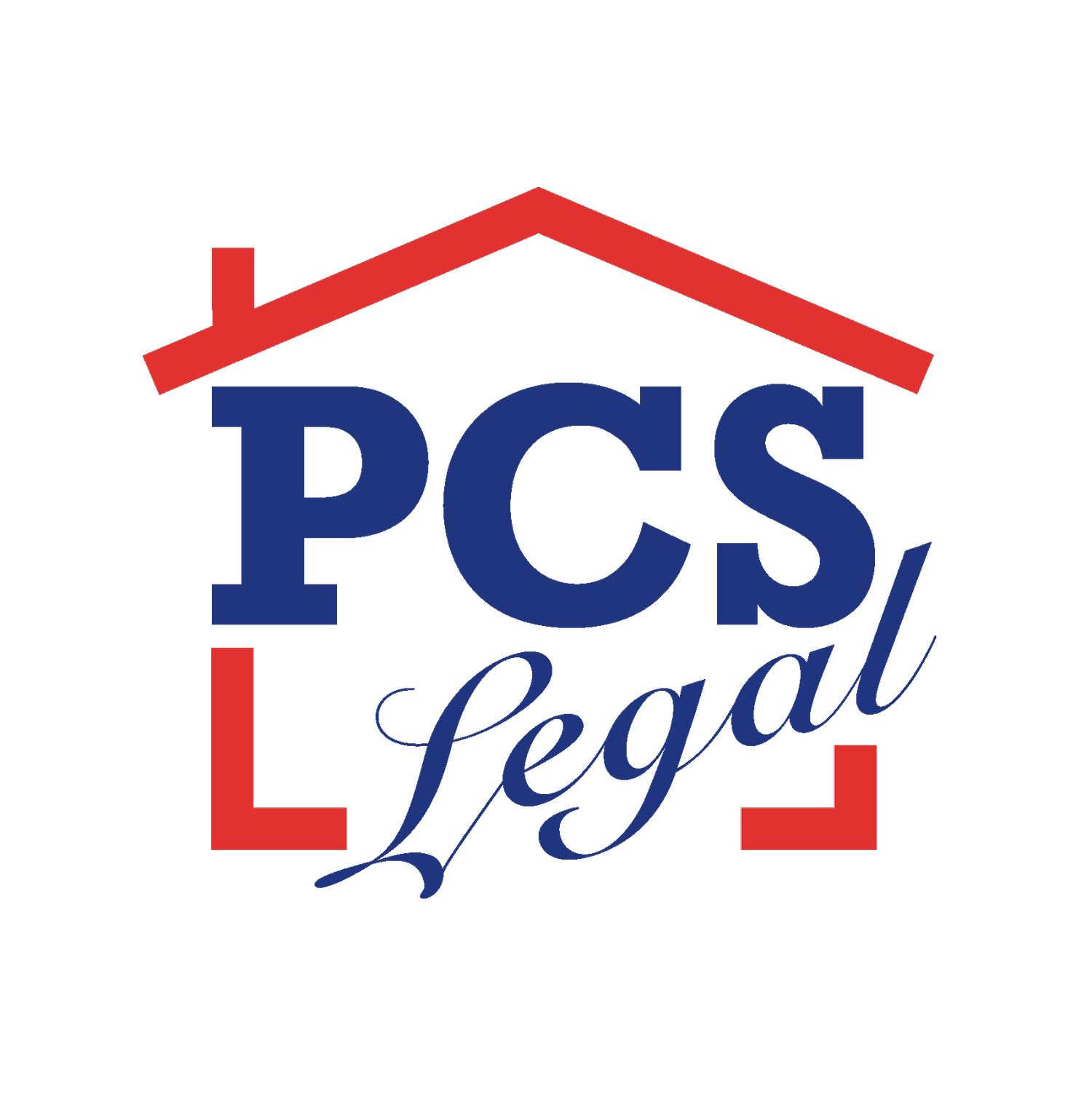RETURNING TO THE UK AS AN EXPAT? LEGAL AND PROPERTY CHALLENGES YOU NEED TO KNOW
For many expats, moving back to the UK is an exciting prospect, reconnecting with family, re-establishing roots, and settling into familiar surroundings. However, the process of buying property after living abroad is often far more complex than expected. From unexpected tax liabilities to regulatory checks on overseas funds, returning expats frequently face hurdles that require careful planning.
At PCS Legal, we specialise in conveyancing for expats and regularly support clients navigating these challenges. Below are the key issues to prepare for before returning to the UK.
Stamp Duty and overseas property ownership
A common and often surprising issue is Stamp Duty Land Tax (SDLT). Many expats assume that the surcharge only applies to those buying a second UK property. In reality, if you already own a home abroad, you may still be subject to the 3% surcharge on additional properties.
Even if your overseas property is your current main residence, HMRC can still classify your UK purchase as a “second home.” Early legal advice for returning expats is therefore essential to avoid costly surprises.
Returning to a rental property
Expats who have rented out their UK home during their time abroad face another challenge - regaining possession. The Renters Rights Bill, expected to abolish no-fault evictions under Section 21 in the very near future, will introduce stricter rules and longer notice periods.
While landlords will still be able to reclaim their home to move back in, the process will require more careful planning. Without it, returning expats could face delays or even the need for temporary accommodation.
Money transfers and compliance
Perhaps the most complex aspect of property transactions for expats is transferring money back into the UK. Under strict anti-money laundering (AML) regulations, solicitors must verify both:
- the source of funds (the specific account used for the transfer), and
- the source of wealth (how the money was originally earned, such as employment income, savings, or the sale of assets).
This means expats must ensure they have a clear paper trail for all transfers, supported by bank statements, employment records, or sale contracts. If documents are not in English, they often need to be translated and certified by a notary public. Without this, UK law firms may be unable to proceed, creating significant delays.
Returning to the UK after years abroad is not just a lifestyle decision, it involves a legal and financial process that requires preparation. The right conveyancer for expats can help you anticipate issues around stamp duty, tenancy rules, and international money transfers, ensuring your return is as smooth as possible.
Stuart Forsdike, founding partner at PCS Legal, recently shared these insights with The Telegraph in their feature on the challenges facing returning expats. You can read the full article here: The plight of the ex-expat.
